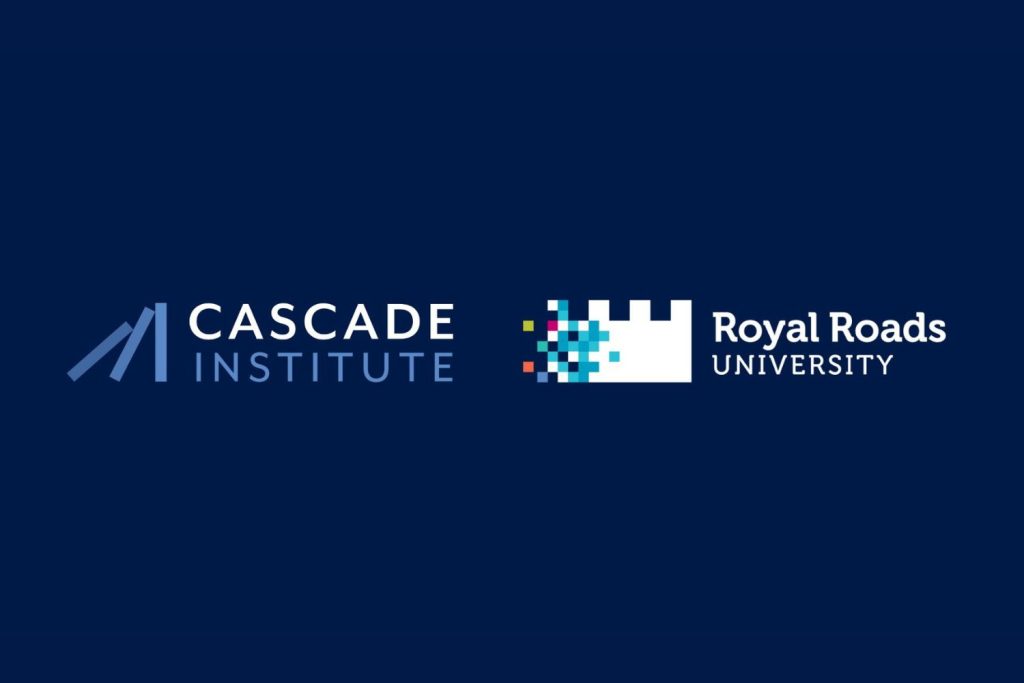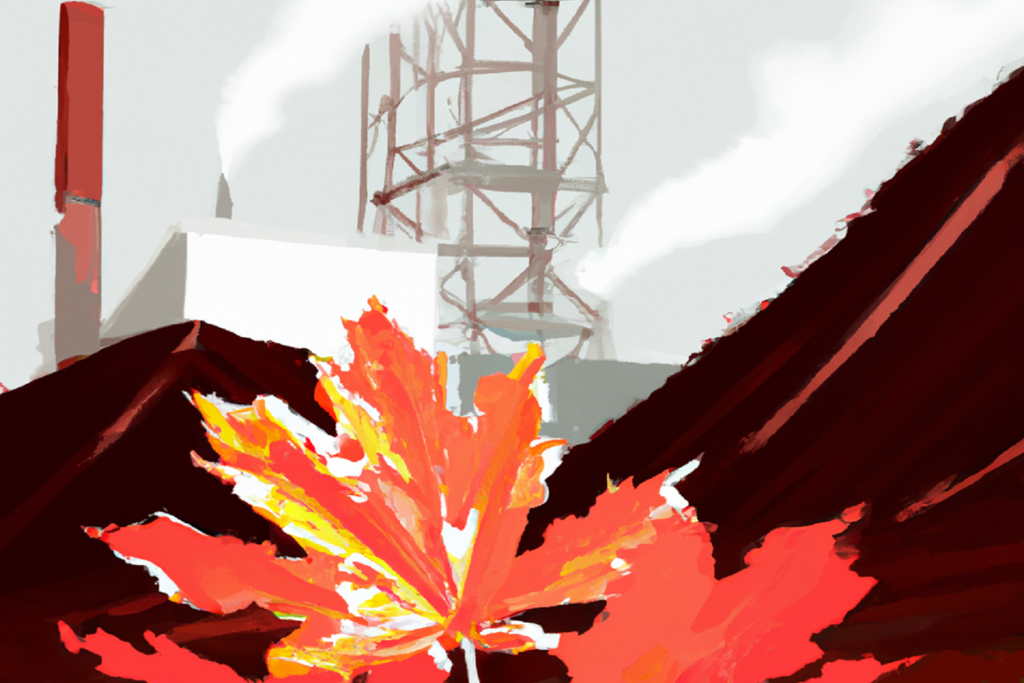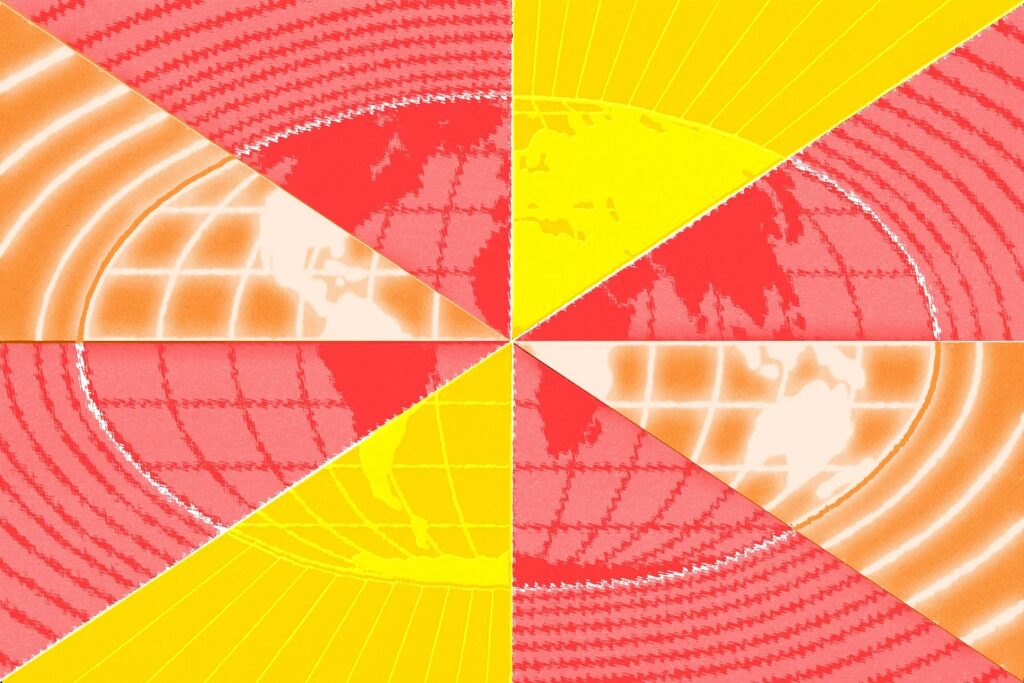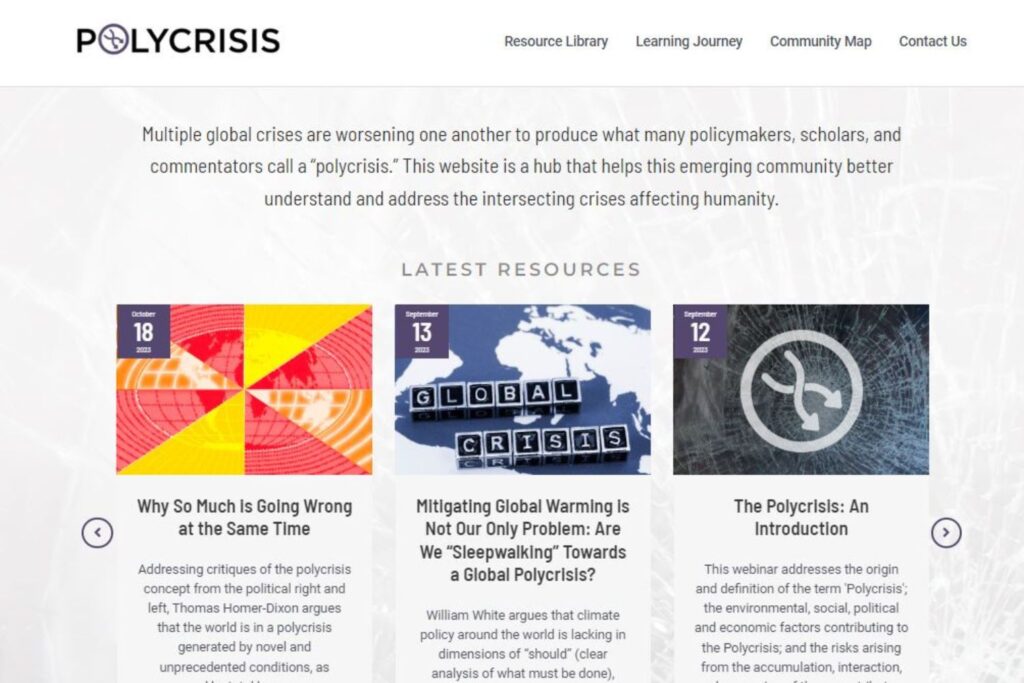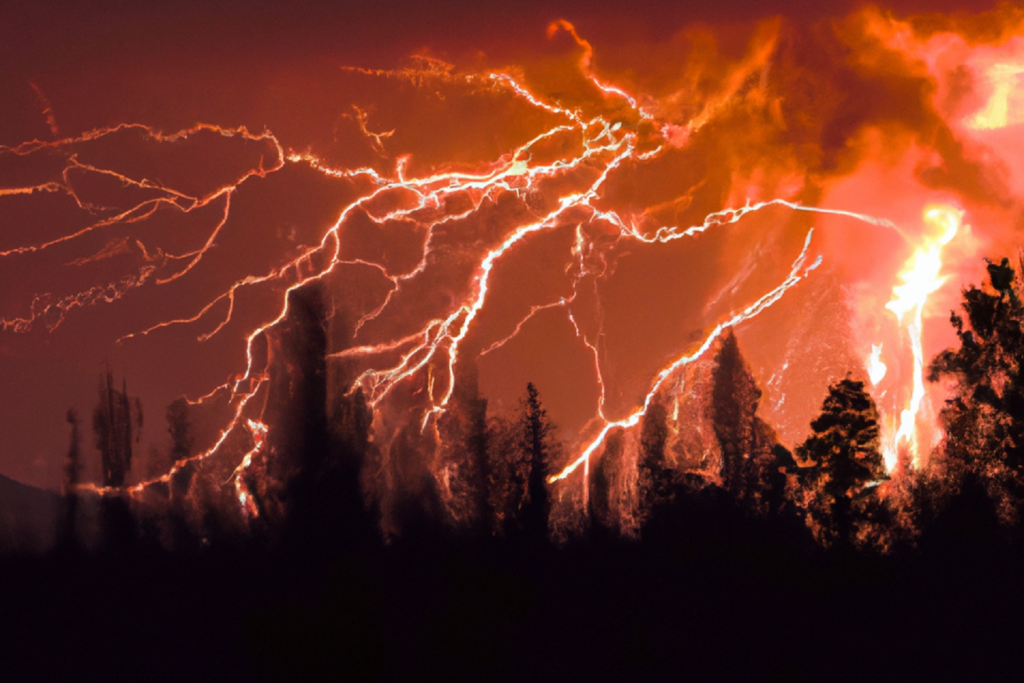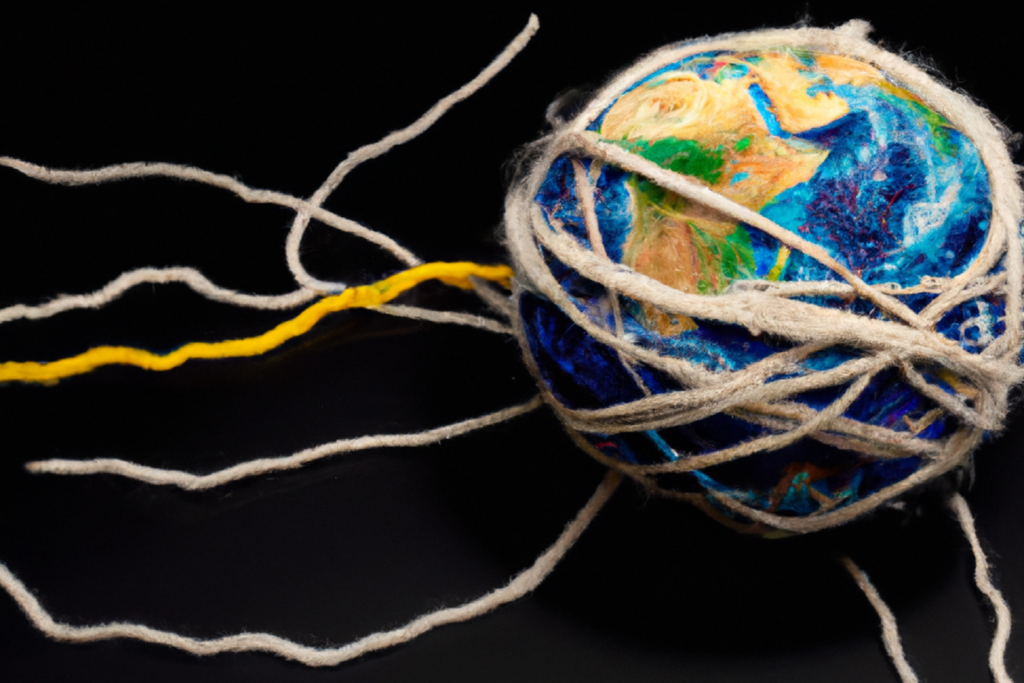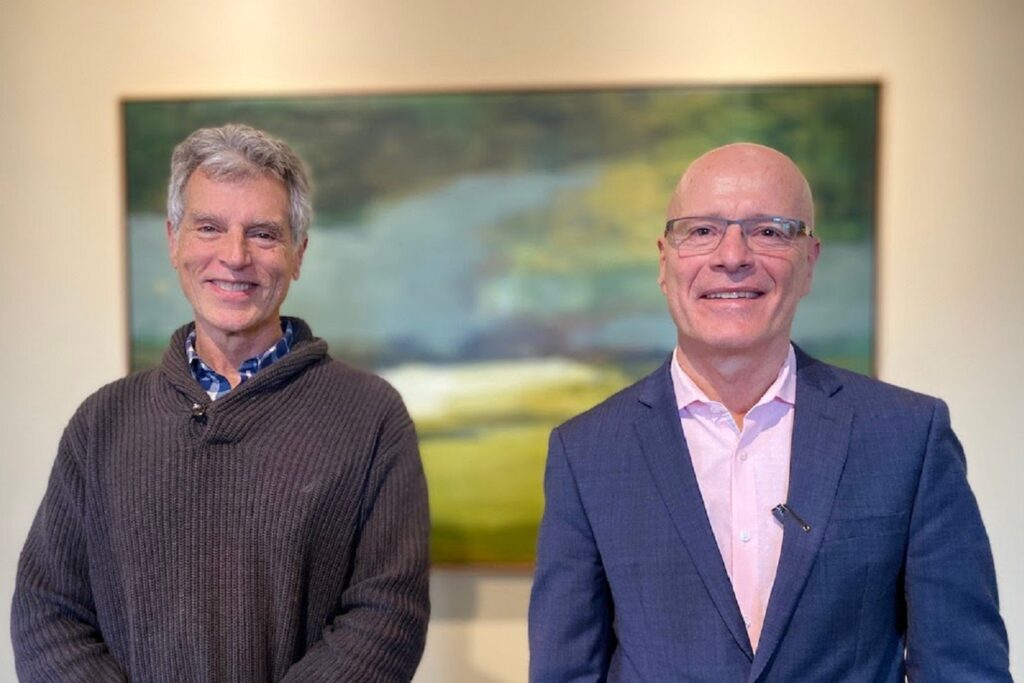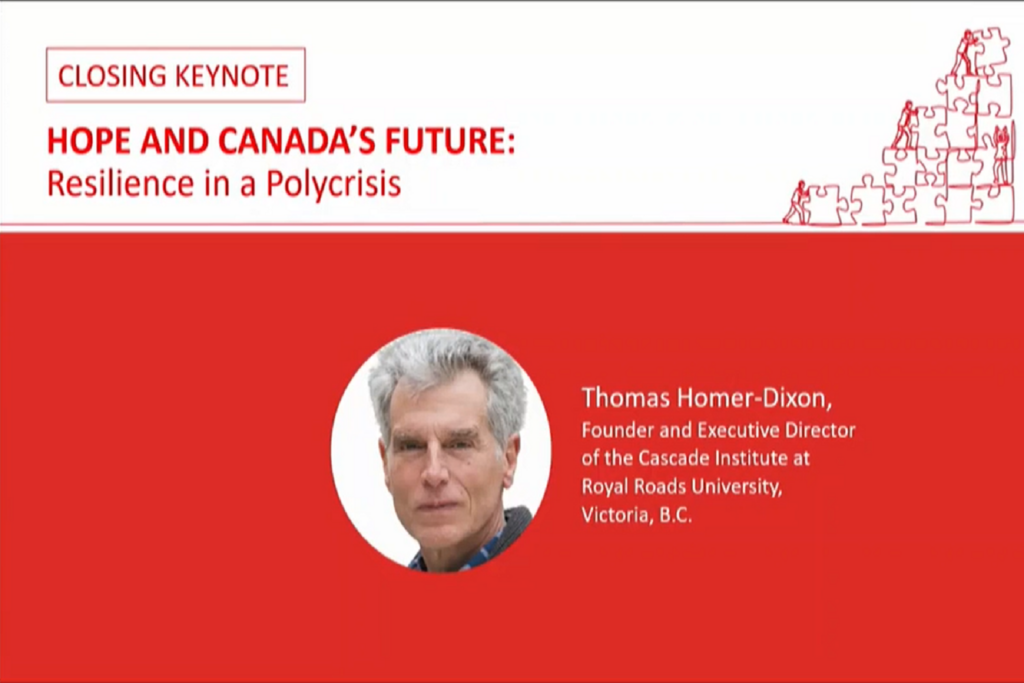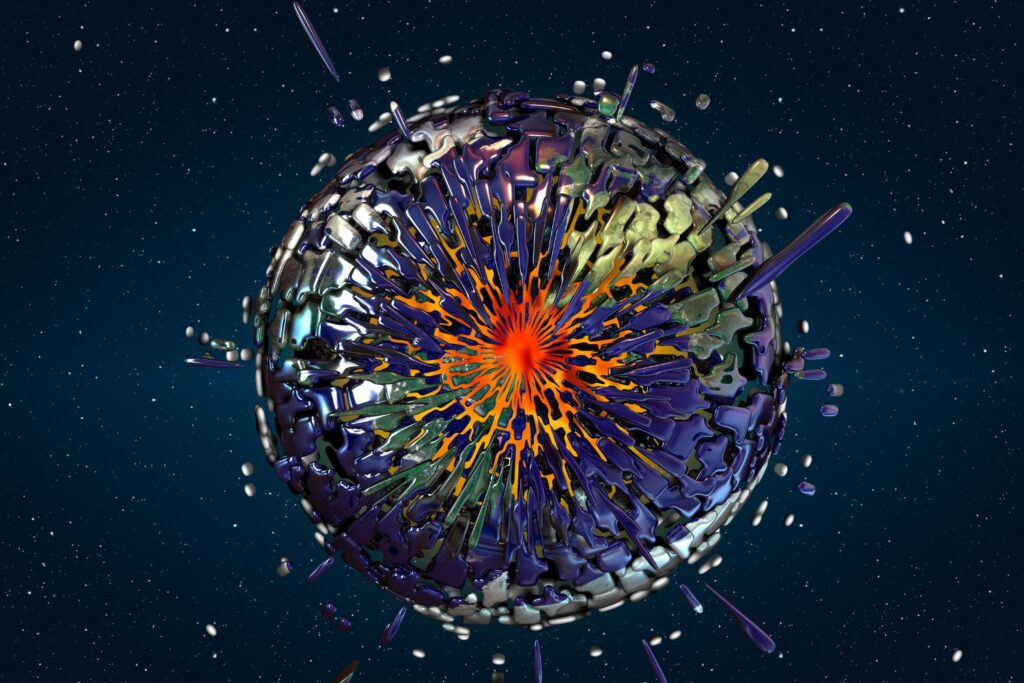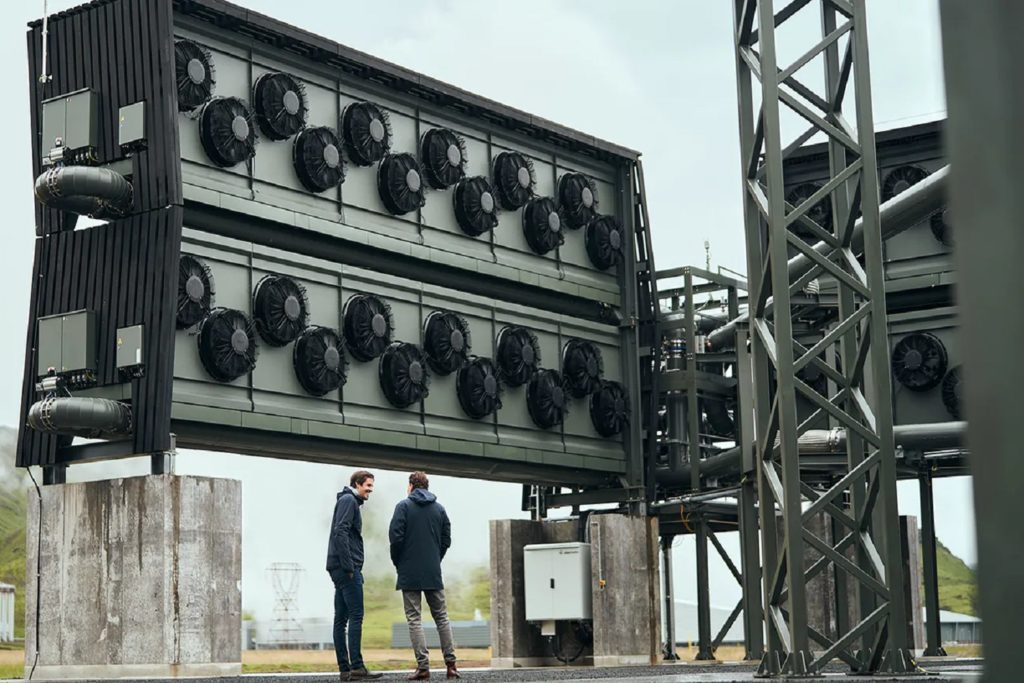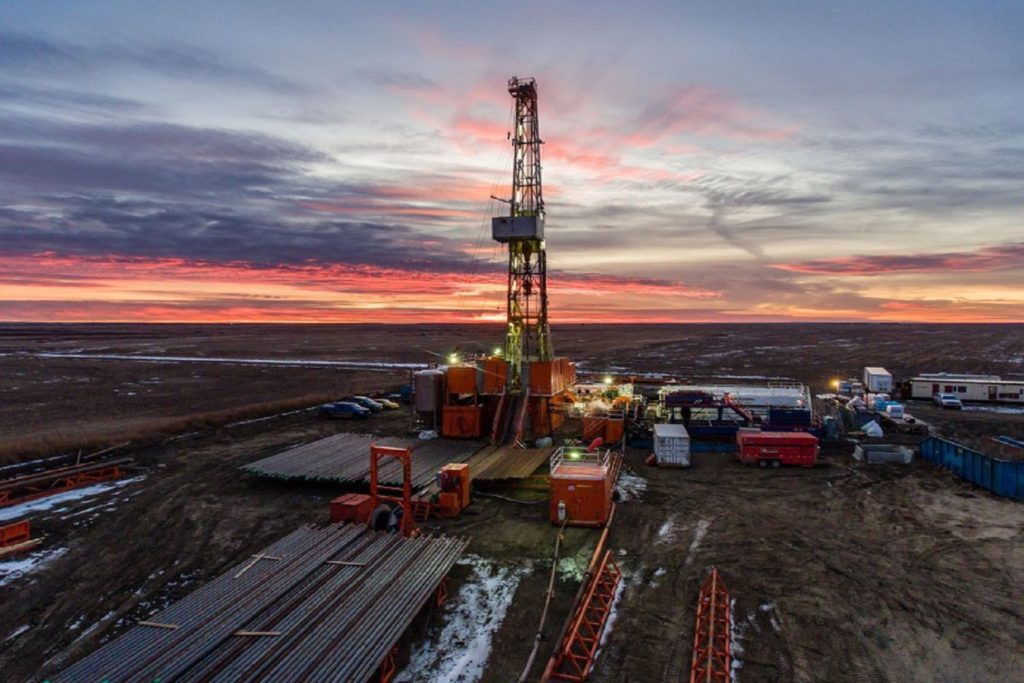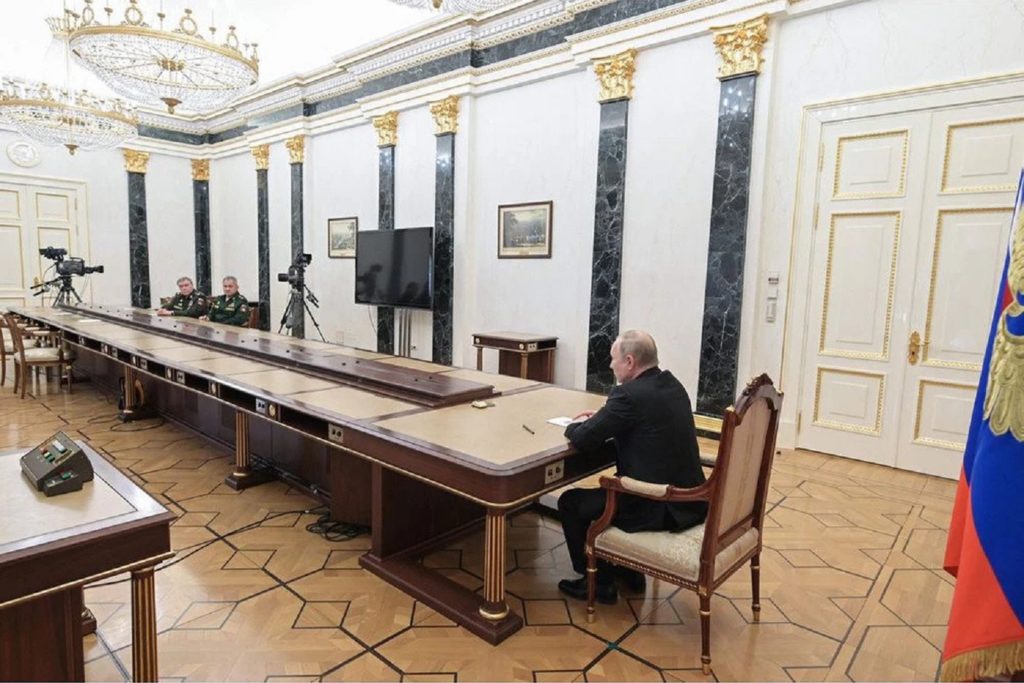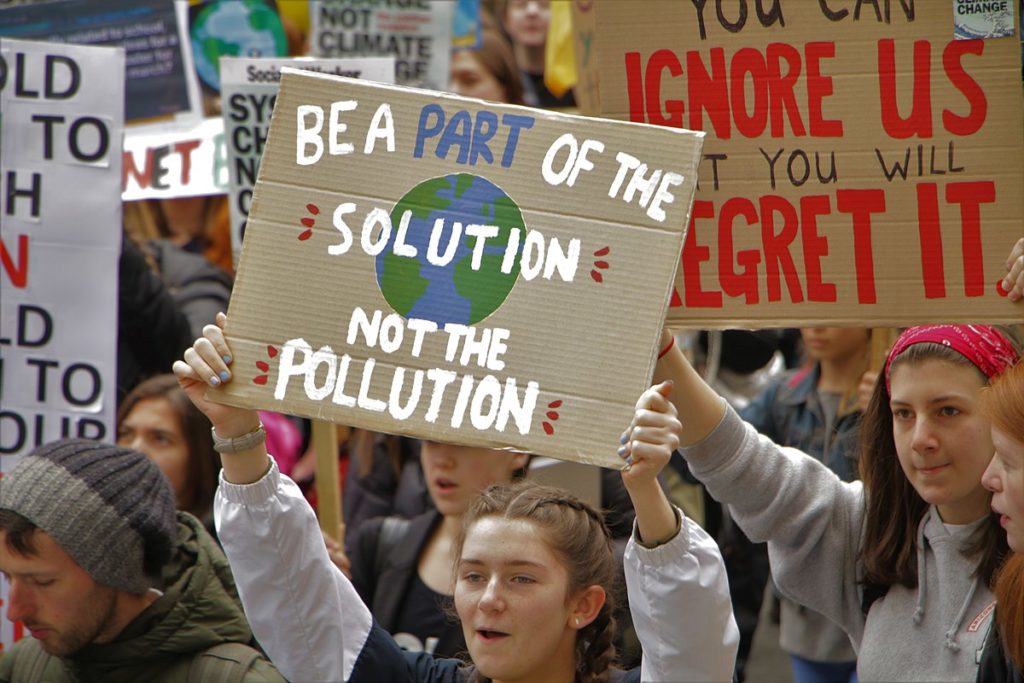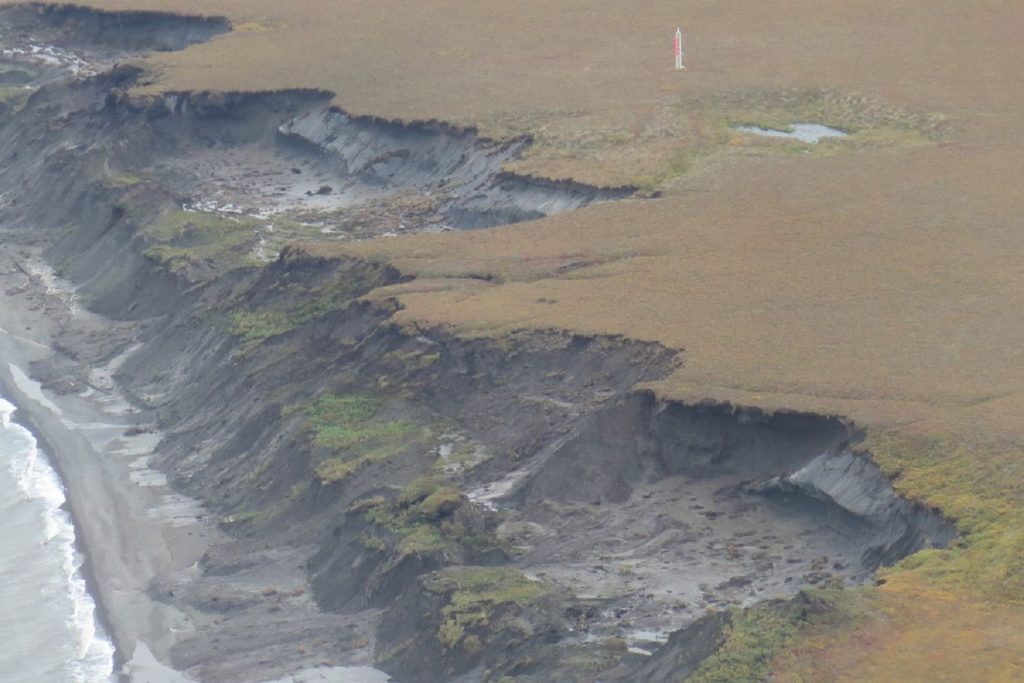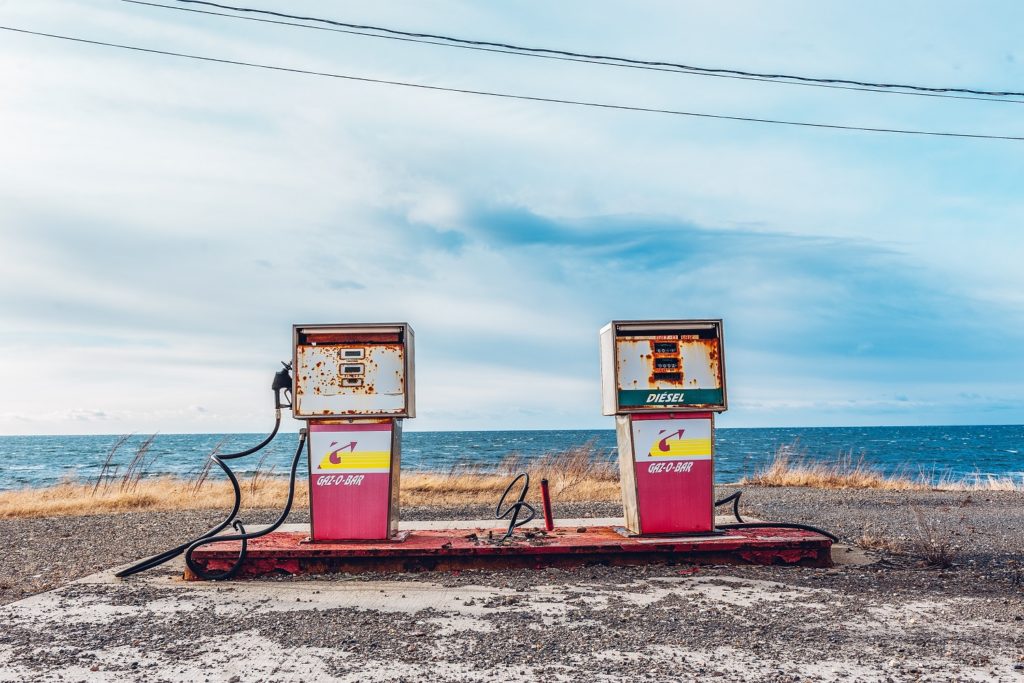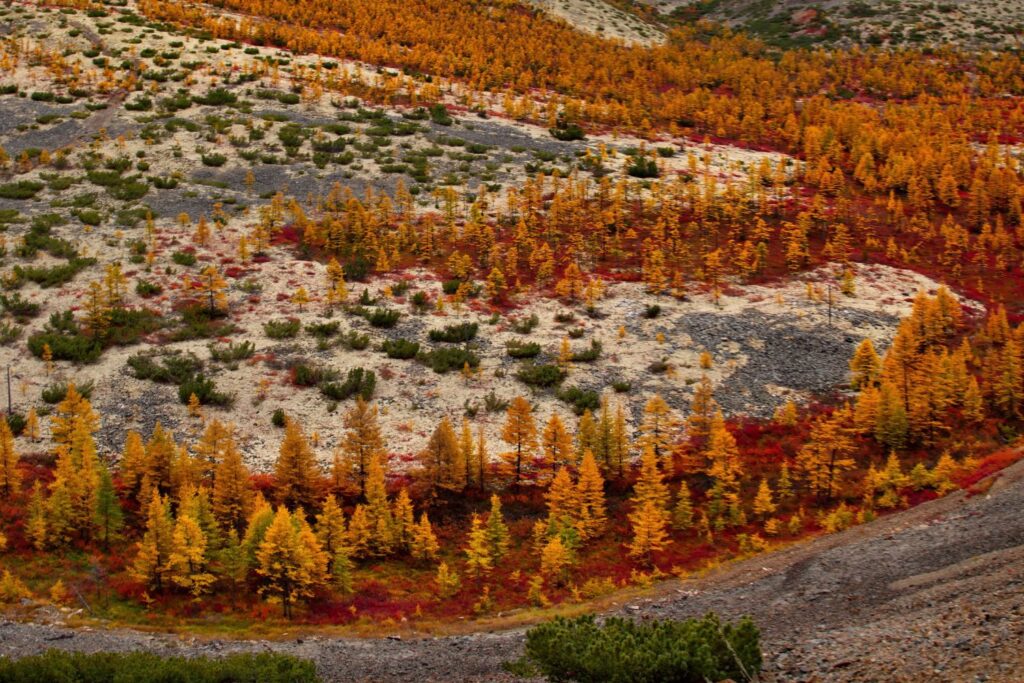NEWS AND VIEWS
Major Cascade Institute funding to power up geothermal energy in Canada
Ultradeep Geothermal Program Team
The funding massively upscales Canada’s research and development efforts in geothermal power and supports its national commitment to achieve net-zero emissions by 2050 to address the climate crisis.Deep geothermal superpower: Positioning Canada for a breakthrough in next-generation geothermal systems
Cascade Institute Ultradeep Geothermal Team
This position paper outlines the case for ultradeep geothermal energy and offers a strategic plan for Canada to capture this technological opportunity.We should listen to a renowned scientist’s warning on climate change
Thomas Homer-Dixon
A vital scientific paper argues that far more warming is “in the pipeline” than conventional models predict, requiring humanity's response to the climate crisis be much more radical than currently planned.Canada needs to dig deep to become a world leader in geothermal technology
Rebecca Pearce and Ian Graham
A worldwide race for next-generation geothermal technology has begun – and Canada needs to get serious about joining, lest it fall to the back of the alternative-energy pack.Why so much is going wrong at the same time
Thomas Homer-Dixon
This Vox article argues that the world is in a polycrisis generated by novel and unprecedented conditions, as measured by total human energy consumption, Earth’s energy imbalance, the human population’s total biomass, and global connectivity.A hub for the growing polycrisis community
Megan Shipman and Scott Janzwood
The Cascade Institute has launched a new website, Polycrisis.org, to serve as a hub for a more inclusive polycrisis community to converge around a rough consensus on priorities for research and action.‘Trigger fixation’ and trauma in the midst of global wildfires
Video featuring Scott Janzwood
Royal Roads President Philip Steenkamp speaks with the Cascade Institute's Research Director, Scott Janzwood, who says we need to overcome our fixation on wildfire triggers, like lightning or irresponsible campers. Instead, he stresses the importance of looking at the underlying reasons for the increased frequency and intensity we’re seeing across the country.Let’s avoid ‘trigger fixation’
Michael Lawrence and Thomas Homer-Dixon
A trigger event can't start a crisis by itself; some underlying stress or stresses must also be operating. Our leaders should pay far more attention to these stresses, because they're ultimately far more important.Plenty of reason for hope, if we work together for change
Times Colonist article by Thomas Homer-Dixon — We need to ensure that our hope is “honest” — that it’s grounded, not in avoidance and denial, but in the best scientific understanding of the polycrisis.
Earth’s polycrisis is no mere illusion
Globe and Mail article by Thomas Homer-Dixon, Michael Lawrence, and Scott Janzwood — The backlash against the "polycrisis" neologism is well under way. But the polycrisis idea can motivate urgent scientific investigation into the architecture of global crisis interaction.
Polycrisis: Why we must turn this meme into a big idea
The Conversation article by Michael Lawrence — The debate around polycrisis is largely a question of whether we really understand the mess we’re in.
How do we turn a cascade of crises into a cascade of successes?
VIDEO — President of Royal Roads University Dr. Philip Steenkamp speaks with Dr. Thomas Homer-Dixon about the global polycrisis and what we can do to turn a cascade of crises into a "virtuous cascade" of success.
Hope and Canada’s futures: Resilience in a polycrisis
VIDEO by Thomas Homer-Dixon — In his closing keynote at The Globe and Mail's Future of Canada Series, Thomas Homer-Dixon calls for a National Dialogue on Canada's Futures to help Canada face the emerging global polycrisis.
What happens when a cascade of crises collide?
New York Times article by Thomas Homer-Dixon and Johan Rockström — Today’s mess is best understood as a global polycrisis—a term which implies that humanity is dealing with a complex knot of seemingly distinct but actually deeply entangled crises.
Every politically feasible pathway to net-zero requires a technological breakthrough
National Observer article by Scott Janzwood
Distrust of new technology runs deep in the climate movement. But we don’t have the critical green technologies we need to get us to net-zero by 2050 — and assuming we do is wishful thinking.Putin isn’t bluffing about using nuclear weapons in Ukraine
Globe and Mail article by Thomas Homer-Dixon — Russian President Vladimir Putin is forcing the West to play a dangerous game of chicken, and he’s about to throw his steering wheel out the window.
Instead of lurching from one catastrophe to the next, B.C. needs to understand how its crises are linked
Globe and Mail article by Thomas Homer-Dixon and Robin Cox — We need to improve how we marshal, integrate, apply and communicate the best knowledge about B.C.’s emerging risks – those known and anticipated, as well as those unexpected and even currently unimaginable.
A big bet on geothermal could help prevent a climate catastrophe
Globe and Mail article by Thomas Homer-Dixon, Ian Graham, and Ellen Quigley — A government-industry research and development partnership in ultradeep geothermal would be a “moonshot” project that Canadians could rally around.
The global systemic consequences of the Ukraine-Russia War: Part II
The second briefing of the Ukraine-Russia War Expert Panel — Whether Russia will use a tactical nuclear weapon depends on Putin’s psychology, his evolving
assessment of his own capabilities, and what he considers to be an acceptable outcome.
The global systemic consequences of the Ukraine-Russia War: Part I
The first briefing of the Ukraine-Russia War Expert Panel
Two things the West must do to lower the probability that Putin will pull the nuclear trigger
Ottawa Citizen article by Thomas Homer-Dixon
The American polity is cracked, and might collapse. Canada must prepare
Globe and Mail article by Thomas Homer-Dixon — By 2025, American democracy could collapse, causing extreme domestic political instability, including widespread civil violence. By 2030, if not sooner, the country could be governed by a right-wing dictatorship.
The climate strike continues (online): Findings from the Youth Climate Values Survey
A blog post by Hanna Ross
Canada’s thawing permafrost should be raising alarm bells in the battle against climate change
Globe and Mail article by Thomas Homer-Dixon and Duane Froese
Meeting Canada’s climate commitments requires ending supports for oil and gas production
A Cascade Institute Technical Paper by Angela Carter and Truzaar Dordi
Modern monetary theory is the new black, but we should brace for seeing red
Globe and Mail article by Michael Lawrence and Thomas Homer-Dixon — Modern monetary theory doesn’t in fact propose that governments can keep spending without consequence. The limit on government spending, though, is not government deficits but rising inflation.
Thawing permafrost is a northern crisis and a global threat
Vancouver Sun op-ed by Michael Brown and Duane Froese
New report from The Transition Accelerator – Pathways to net zero: A decision support tool
A new report by The Transition Accelerator provides practical guidance on assessing different pathways to net zero for eight critical sectors and systems in Canada.
Learning Salon Series: Our world’s cascading crises. What is driving them, are they going to get worse, and can they be stopped?
VIDEO | Presentation on the underlying mechanisms of cascading crises.
Review of Commanding Hope: The Power We Have to Renew a World in Peril, a new book by Thomas Homer-Dixon, Director of the Cascade Institute
BOOK REVIEW | There May Yet Be Hope: The future is not set in stone by Arno Kopecky for the Literary Review of Canada
However the pandemic unfolds, it’s time for oil use to peak—and society to prepare for the fallout
Bulletin of the Atomic Scientists article by Yonatan Strauch, Angela Carter, and Thomas Homer-Dixon
Coronavirus will change the world. It might also lead to a better future
Globe and Mail article by Thomas Homer-Dixon

